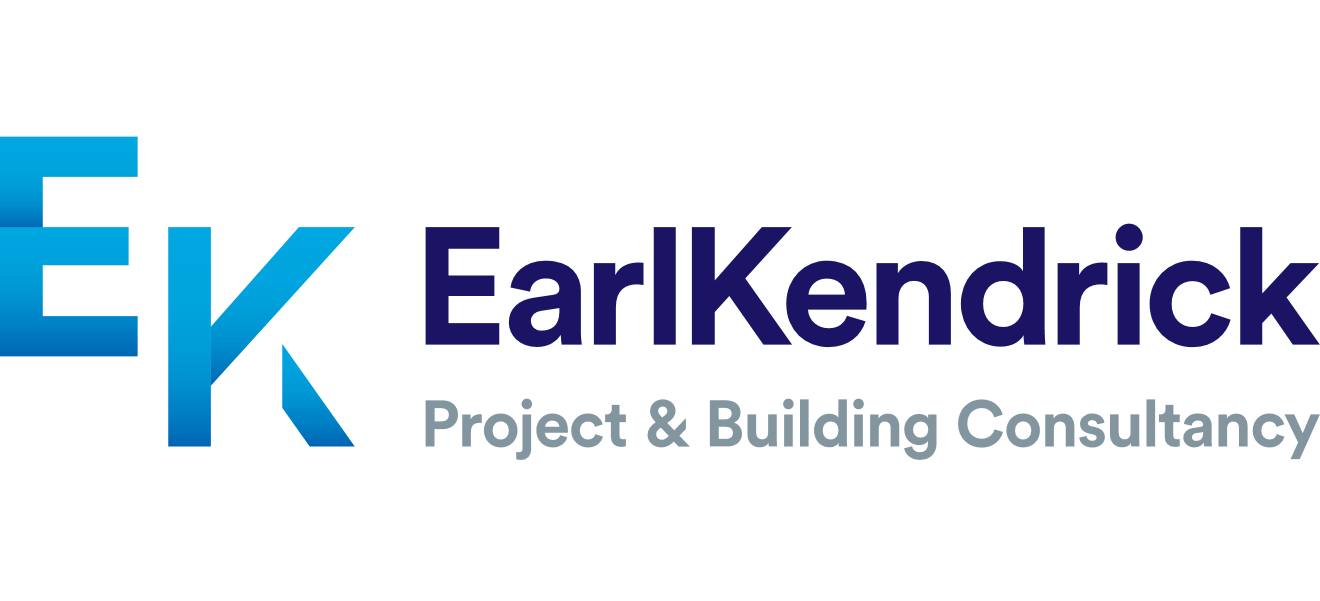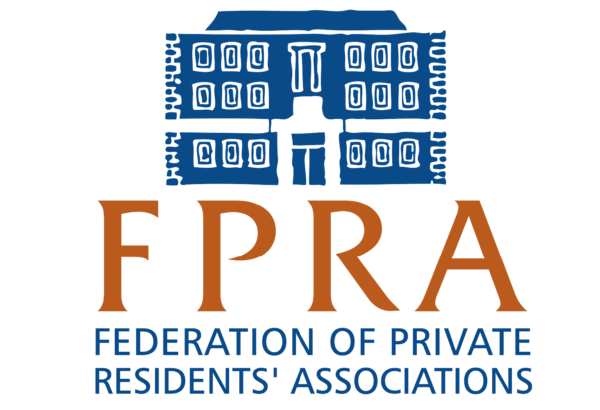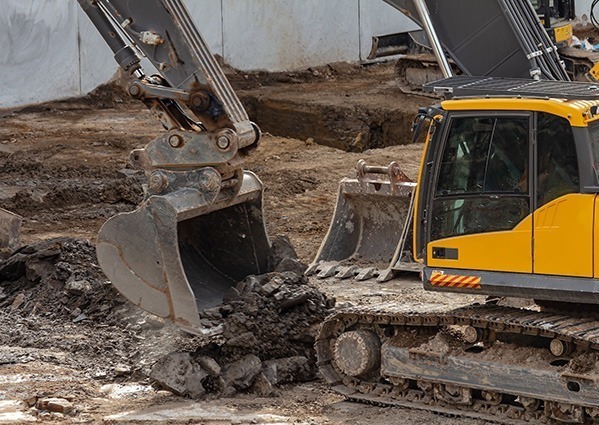At Block in a Box we have partnered with Earl Kendrick Building Surveyors for any Planned Maintenance Program requirements you may have. To obtain a quote from Earl Kendrick, simply complete the form below, call our team on 0333 0154 145 or email info@blockinabox.co.uk and we will be in touch.
The importance of a Planned Maintenance Programme (PMP) is clear to anyone involved in property maintenance.

A building is a valuable asset and regular, carefully planned maintenance is essential to minimise deterioration. Earl Kendrick Associates are adept at preparing Planned Maintenance Programmes for all types of residential blocks, from large new build, mixed-use developments through to period and listed buildings.
Key Benefits
The key benefits of a comprehensively Planned Maintenance Programme include:
- Bringing in-line the cycles of routine maintenance and inspection
- Greater control over expenditure and reduced risk of future spikes
- Allowing focused reserve fund collection
- Maintaining the underlying value of the property
- Maintaining the standard and presentation of the block
- Minimising the need for emergency and reactive maintenance
- Ongoing compliance with statutory obligations
- Avoiding disputes, since all parties can contribute to the plan.
The first step is for the surveyor to undertake a detailed survey of your building so that any necessary work on the building can be prioritised and to ensure that any other works are carried out at the same time to create economies of scale in terms of fixed costs, like scaffolding. A good PMP will also take into account the recommendations of other specialist reports such as those written for lift and communal heating plant, and statutory reports such as the fire risk assessment or an asbestos survey.
What makes a good Planned Maintenance Programme?
A good PMP covers everything from mechanical and electrical services and structural condition to redecorating and gutter clearing. Decisions about what maintenance works should be carried out and which are priorities are determined by technical experts who understand the life-cycle of the building and the tell-tale signs of deterioration. This not only prevents any unpleasant and expensive surprises when things unexpectedly go wrong; when a group of leaseholders are collectively responsible for repairs, it also prevents expensive and time-consuming disputes.
The key is to develop a programme of maintenance work that is comprehensive, well-organised and affordable. This makes a PMP a vital tool to help managing agents, property owners or anyone else responsible for managing property to set reliable levels of service charge, and plan for expenditure and reserve funds for the cost of future repair and maintenance of a building. It also helps occupiers and leaseholders understand their financial contribution towards future capital expenditure.






























































